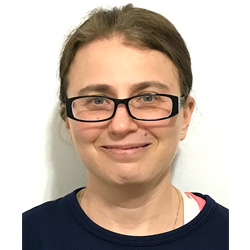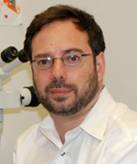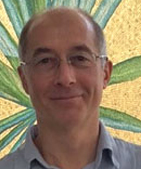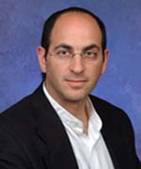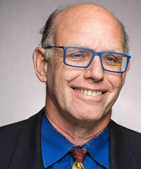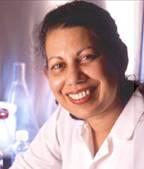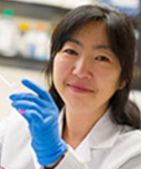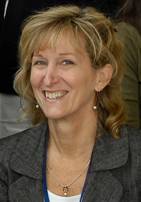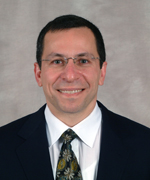Multidisciplinary PhD Program in Biomedical Sciences
Stem Cell & Regenerative Medicine Biologists
|
The Astrof Lab investigates the intricacies of stem cell fate decisions and diversification during cardiovascular development and the mechanisms by which these processes are subverted in congenital heart disease. Our research focuses on exploring the roles of tissue microenvironment, cell adhesion, and signaling in the mesoderm's diversification into cardiac and vascular lineages. We employ a range of molecular, genetic, and cell-biological approaches to unravel mechanisms that drive progenitors to morph into complex, functionally interconnected organs. |
|
|
One main focus of my lab is to design paradigms for pluripotent stem cell based repair of cardiac and skeletal muscle defects using mouse models of human disease (cardiomyopathy, muscular dystrophy). Results obtained in mouse models of disease will be validated using cell types differentiated from human induced pluripotent stem cells. |
|
|
Senescent cells secrete numerous cytokines and other molecules, collectively called the Senescence Associated Secretory Phenotype (SASP), that have been demonstrated to promote cellular plasticity in neighboring cells through paracrine signaling. My laboratory is working towards understanding the mechanisms of SASP-induced plasticity and stemness of fully differentiated human cells in order to develop new strategies and therapies for regenerative medicine and aging-associated diseases. |
|
|
Our recent studies demonstrated that compartmentalized and coordinated action of type I and III interferons (IFNs) within the gastrointestinal tract is important not only for the efficient antiviral protection, but also contributes to tissue homeostasis and the regeneration of intestinal epithelium after injury. |
|
|
The overall goals of Dr. Levison's research are to enhance regeneration of the CNS from its resident stem cells and progenitors and to understand how brain damage and repair are influenced by neuroinflammation. His lab uses a variety of in vivo models to investigate neurological deficits caused by multiple sclerosis, perinatal hypoxia ischemia, traumatic brain and stroke. His lab also cultures rodent and human neural stem cells to gain insights into the signals that regulate their proliferation, differentiation and survival. |
|
|
Trauma, Surgical Critical Care, Shock, Infection, Traumatic Brain Injury Bone Marrow Failure and Immunity following Injury; Mesenchymal stem cells |
|
|
Our laboratory is examining how the innate immune response governs tissue regeneration. We are particularly interested in how pro-inflammatory lipids regulate these processes. |
|
|
- Hematopoietic Stem Cells: neuroendocrine-hematopoietic axis; hematological disorder |
|
|
Effect of diabetes on dental stem cell machinery to heal tooth injury. |
|
|
The overall goal of my research is to elucidate the function of receptors and intracellular signaling pathways involved in proliferation, lineage specification and differentiation of neural stem/progenitor cells and mammary epithelial/breast cancer stem/progenitor cells. We investigate these pathways in normal development and in specific diseases or pathologies including during remyelination after neural injury and in breast cancer. |
|
|
Neuroscience; retina; retinal pigment epithelial cell transplantation; wound healing; photoreceptors; |

